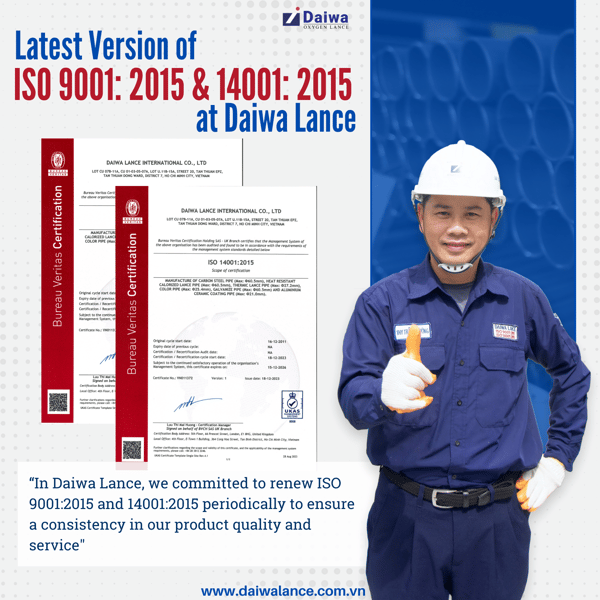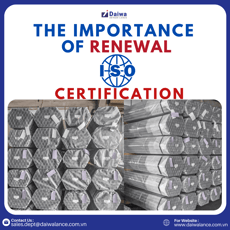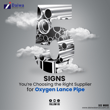The ISO 9001 and 14001 certifications hold immense global significance and serve as essential benchmarks for businesses. Designed to instill trust and confidence in consumers, these certifications provide a means for evaluating whether a company's products consistently meet the required standards of quality and environmental management. In industries that produce technically intricate goods, like the oxygen lance pipe, maintaining adherence to these certifications is of utmost importance.
Although many companies proudly display their ISO certification, consumers often fail to recognize the level of diligence needed to confirm its validity. In this article, let's explore the importance and regulations surrounding the renewal of ISO certification's validity period.
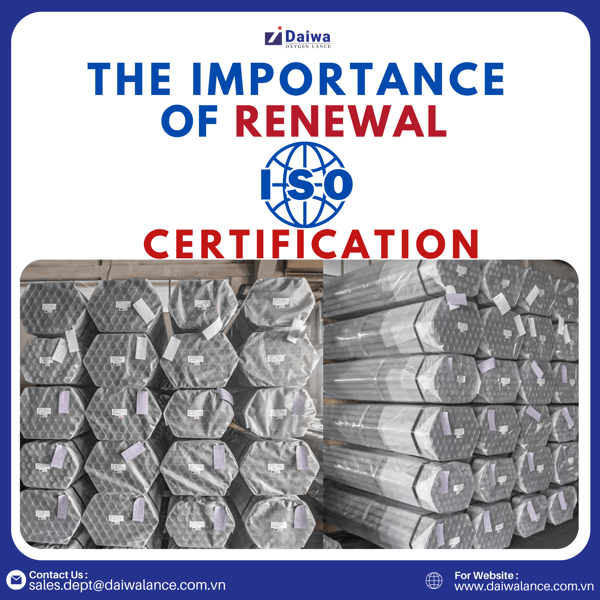
Firstly, What is ISO?
ISO, which stands for the International Organization for Standardization, was established in 1946 with the goal of ensuring quality and safety in products and services for international trade. The purpose of ISO standards is to facilitate global exchange of goods and services by providing a standardized approach that is easier, more convenient, and more efficient.
ISO standards were developed to address a fundamental question: what is the best way to perform a specific task?
This means that a factory can effectively manage the entire process, from receiving raw materials to manufacturing and even shipping, ensuring that products are consistently delivered to meet consumer satisfaction. Therefore, a product or service certified with ISO implies that consumers can trust it to be safe, reliable, and of high quality.
In modern times, the ISO process has evolved by incorporating the PDCA (Plan - Do - Check - Act) cycle with risk-based thinking. This helps businesses tightly control their management systems, starting from planning through implementation, checking, and taking corrective actions.
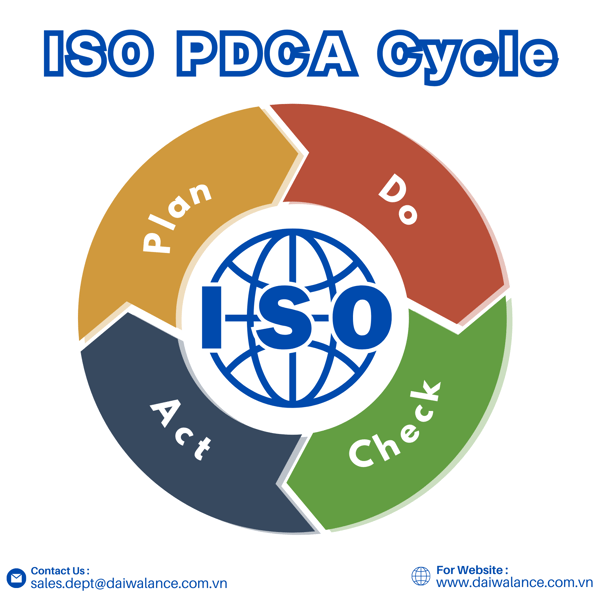
To learn more about the basic information about ISO, please visit the link here: What Is ISO?
What Efforts are Required to Maintain ISO Certification?
Due to the rigorous and strict nature of adhering to management system procedures, obtaining ISO 9001 and 14001 certifications is not an easy task.
In order to attain ISO certification, businesses are required to create detailed documentation that outlines the processes of their quality and environmental management systems, following the guidelines set by ISO. Following this, ISO experts will thoroughly evaluate and audit the documentation and its practical implementation to ensure that it aligns with the required standards.
The process of implementing ISO in a business follows a well-defined and structured workflow.
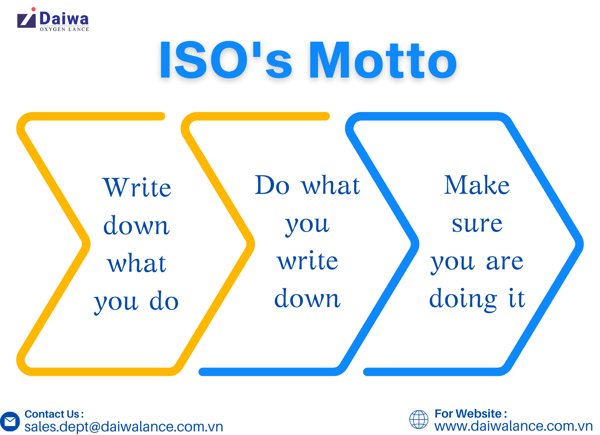
What is the Validity Period of ISO Certification?
The ISO certification is valid for a period of 3 years, with a minimum surveillance duration of 12 months per assessment. If during this period, the assessing body discovers that the organization has not undergone surveillance assessments or has not maintained its policies, the certification will be suspended.
The Importance of Renewing the Validity of ISO Certification
In many instances, both consumers and businesses mistakenly believe that obtaining ISO certification is a permanent success, achieved with a one-time adherence that continues to be effective indefinitely. Therefore, when the ISO certification expires and businesses fail to update it, consumers may still trust products without the renewed ISO certification.
Here are the disadvantages of not updating to a new ISO certification:
- Risk to product and service quality: Without renewing the certification, businesses may not continue to adhere strictly to the stringent processes outlined by the ISO management system, leading to inconsistent product quality.
- Lack of motivation for continuous improvement: ISO certification is not just a certificate; it serves as motivation for organizations to consistently improve and develop. Failure to update may result in the organization losing this motivational drive.
Latest Version of ISO 9001 and 14001 Certifications at Daiwa Lance
Recognizing the significance of ISO 9001 and 14001 certifications, Daiwa Lance, a leading manufacturer of oxygen lance pipes with flagship products like Daiwa Calorized Lance Pipe, Daiwa Thermic Lance, Daiwa SC Lance, Daiwa Ceramic Coated Lance Pipe, etc., has continually strived to meet the stringent standards set by the international ISO organization. This involves diligently renewing the ISO certification every 3 years.
Below are the ISO 9001:2015 and 14001:2015 certifications with validity extending until 2027.
ISO 9001:2015 (valid until 2027)
ISO 14001:2015 (valid until 2027)
If you have any concerns regarding the quality or production processes of oxygen lance pipe products, please feel free to contact us through the link provided below.
- Category:
- General Topics
- Keyword:
- oxygen lance pipe
- Calorized Lance Pipe

